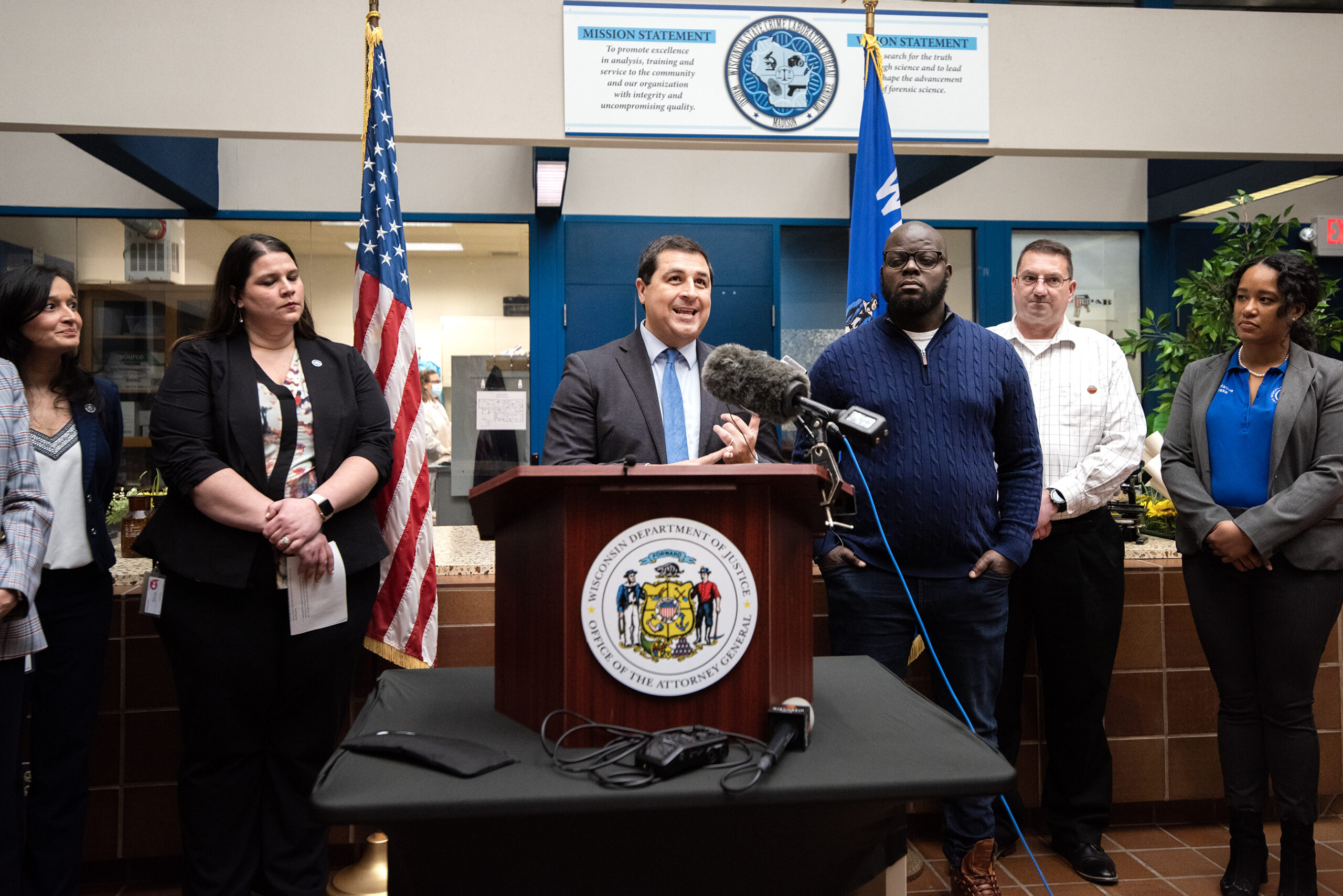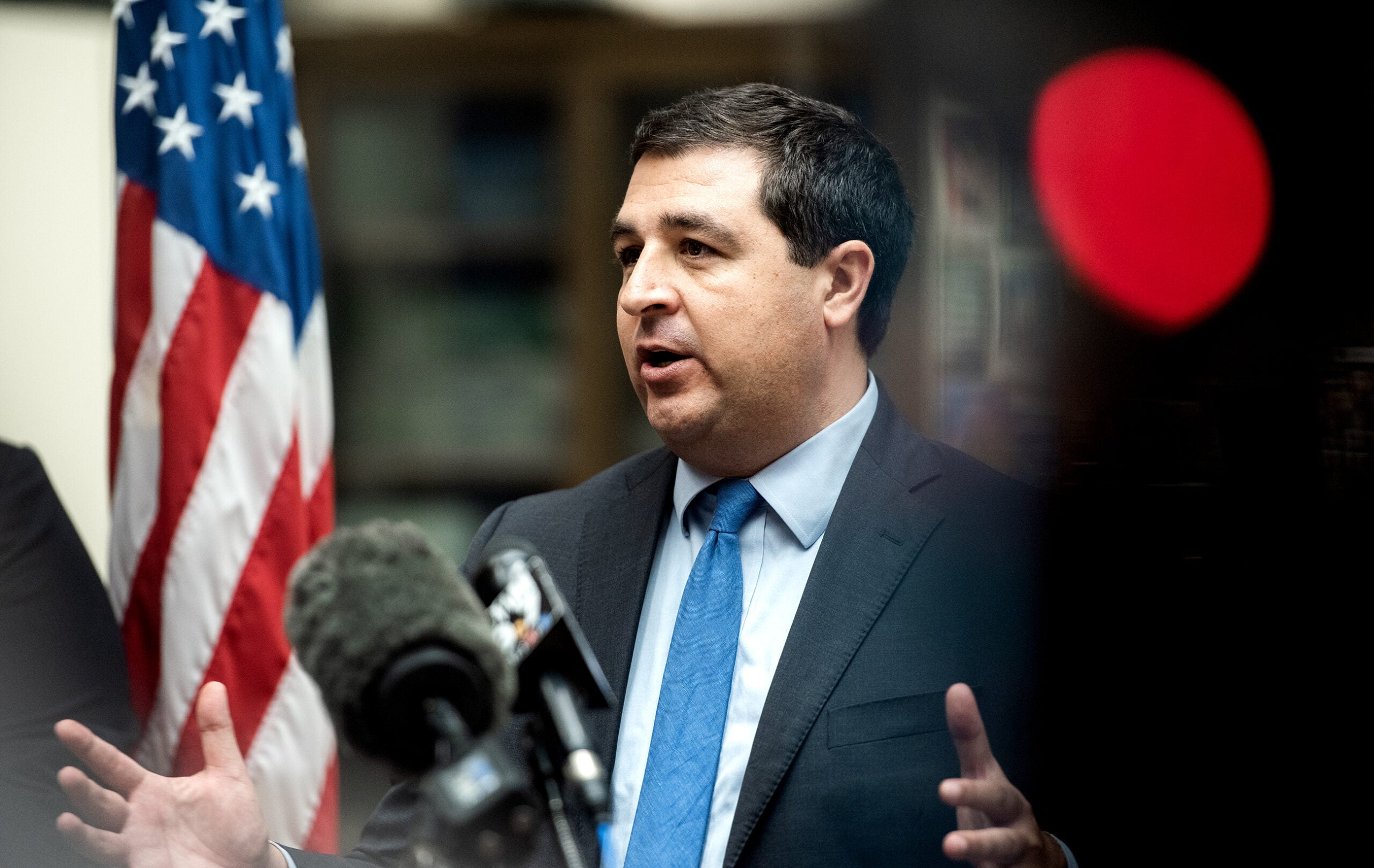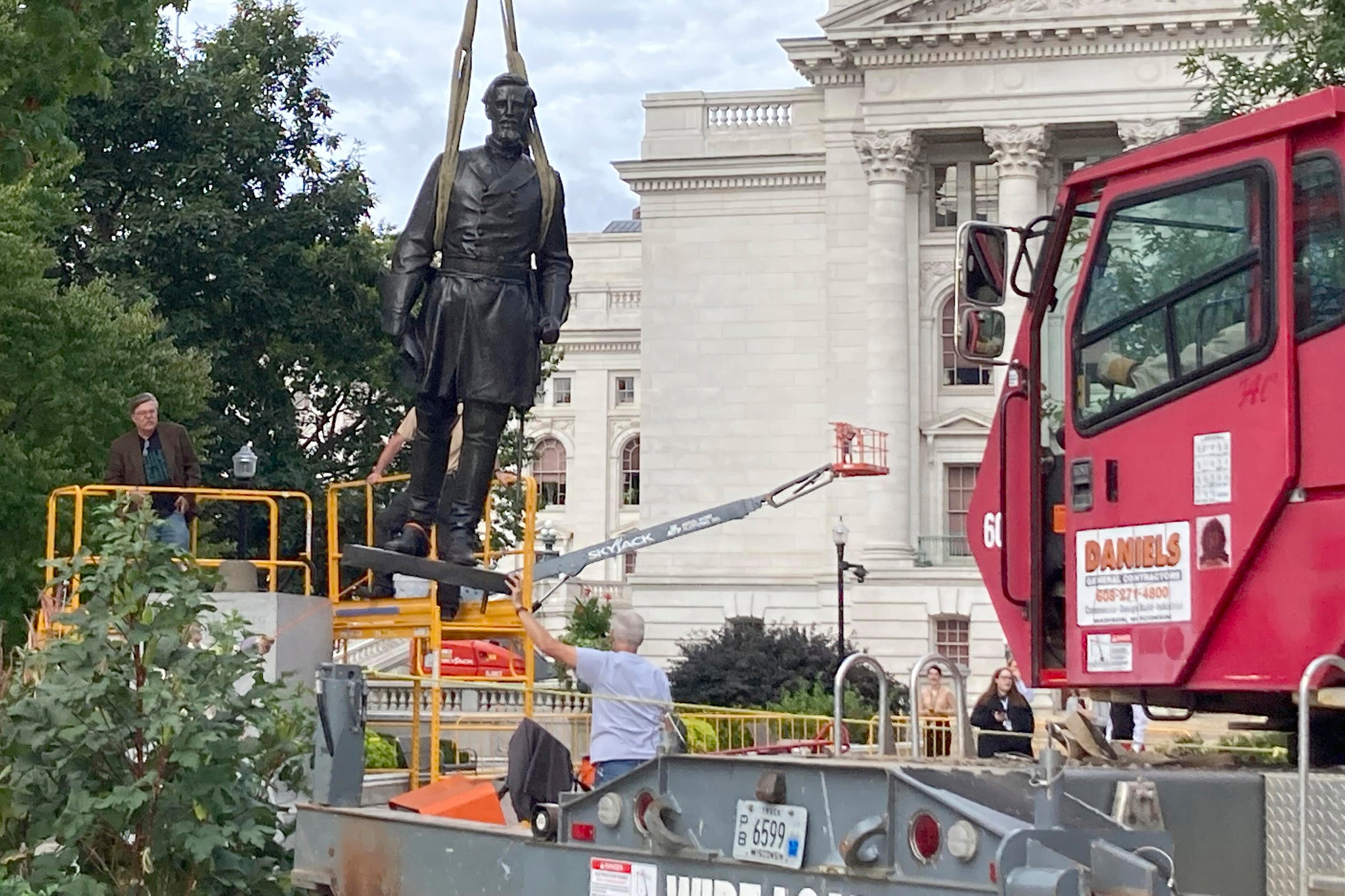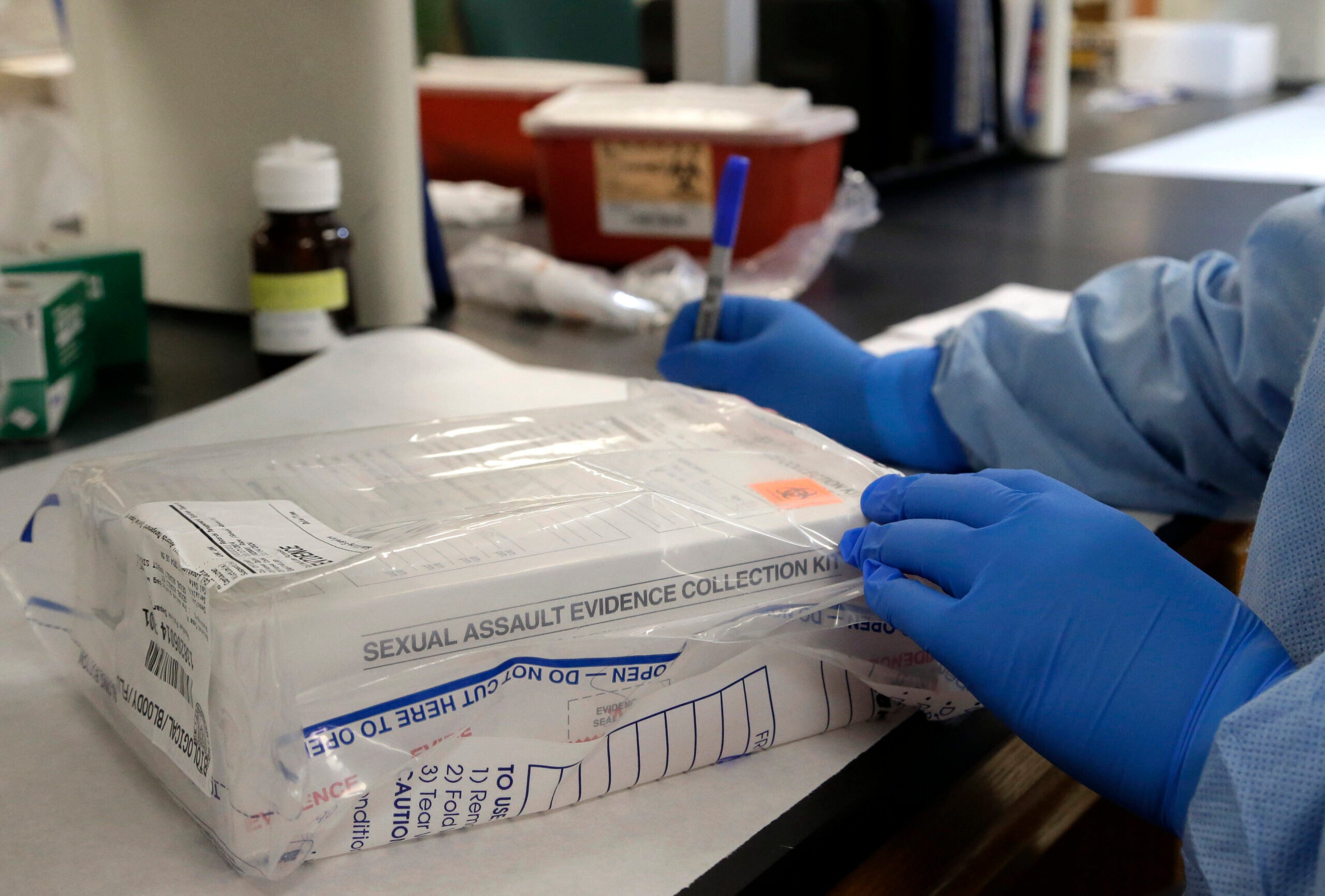Editor’s note: This story contains language and descriptions surrounding sexual assault.
Wisconsin Attorney General Josh Kaul says despite reports of a low number of convictions resulting from rape kit testing, the state is making significant steps in how the department and law enforcement respond to sexual assault.
“We believe that ensuring that victims are in control of the process is critical and to the extent that victims want to have kids tested, at their discretion, those kits will be tested,” he said on WPR’s “Wisconsin Today.”
News with a little more humanity
WPR’s “Wisconsin Today” newsletter keeps you connected to the state you love without feeling overwhelmed. No paywall. No agenda. No corporate filter.
A USA Today investigation shows Wisconsin received $9.5 million in federal grants since 2015 to test a backlog of rape kits.
But convictions resulting from those tests remain low. According to the investigation, 10 people have been convicted of sexual assault in Wisconsin as a result of the tests. And of the more than 6,800 kits the state Department of Justice had in 2023, around 2,300 went untested.
Once someone has requested a test kit, Kaul said the DOJ only follows through with the full testing process with permission from the survivor.
Kaul appeared on “Wisconsin Today” to discuss the sexual assault kits.
The following interview was edited for brevity and clarity.
Rob Ferrett: What is the status of the backlog of sexual assault kits?
Josh Kaul: In Wisconsin, we’ve really transformed the way that sexual assault kits are treated and also the response that we take to sexual assault.
This is a serious violent crime and it’s critical that offenders are held accountable. We’ve made a number of changes in Wisconsin over the last several years that help make sure that happens.
After the testing of those kits was completed at the Department of Justice, we reviewed every case where there was DNA from somebody other than the victim that was identified. We had a multidisciplinary team review each case that involved a prosecutor, an investigator and a victim advocate and where there was potential for further investigation or prosecution. Those cases were referred to local law enforcement or prosecutors. That has resulted in some convictions.
One of the cases that resulted from that was a case involving an individual who was was free, was on the street and who ultimately was convicted of three counts of second degree sexual assault and two counts of false imprisonment in connection with offenses in Racine and Kenosha County. He was sentenced to 18 years in prison.
RF: According to a USA Today investigation, 10 people have been convicted of sexual assault in Wisconsin as a result testing backlogged sexual assault kits. Can you put that number in perspective?
JK: First, anytime you’re holding somebody accountable who’s committed a serious, violent crime like this, that’s a very positive step for public safety and it’s a positive step for getting justice for survivors.
As I mentioned, the individual who was sentenced to 18 years in prison, that case alone is a very serious conviction impacting public safety, but more significantly the work that was done has allowed us to ensure that survivors know that their kits are being tested.
It’s led to policy changes and it’s helping us send what I think is a vitally important message, which is that survivors of sexual assault should know that if they come forward and report their reports are going to be taken seriously by law enforcement. We’ve worked to do that, not only through the sexual assault kit testing, but by training prosecutors about sexual assault prosecutions, by launching our clergy and faith leader abuse initiative and by emphasizing the importance of these cases.
RF: The USA Today investigation found in 2023 the state Department of Justice had more than 6,800 kids and 2,300 went untested. The federal program recommends all kits be tested. Why the discrepancy?
JK: When the Sexual Assault Kit Initiative was launched under my predecessor, the decision was made by the Department of Justice to test kits where there was consent for the testing provided by the survivor of sexual assault. DOJ has consistently taken a victim-centric approach in the handling of sexual assault kits, and that includes testing kits where consent was provided but not engaging in tests where there was not consent provided by by the victim.
We believe that ensuring that victims are in control of the process is critical and to the extent that victims want to have kids tested, at their discretion, those kits will be tested.
We’ve now set up the process so that when kits are obtained consent is offered at the time. If survivors don’t want to consent to the testing, but they want to have evidence collected, we’ve created a statutory process that allows that to happen. But fundamentally, our goal is to ensure that we’re taking a victim-centric approach.
Wisconsin Public Radio, © Copyright 2025, Board of Regents of the University of Wisconsin System and Wisconsin Educational Communications Board.







